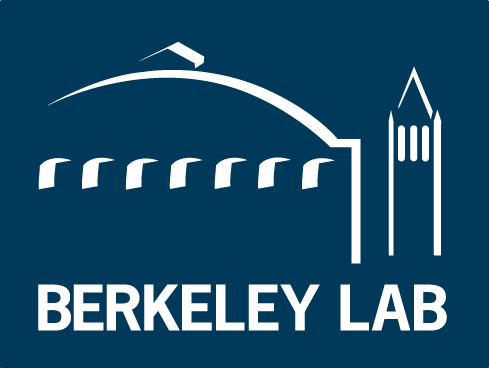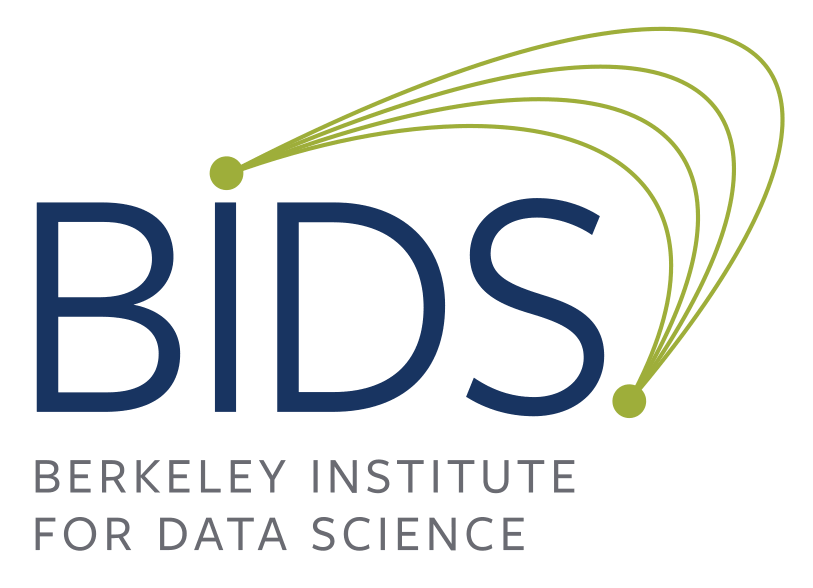Python for science at UC Berkeley¶
Note
January 2014: please see the new Berkeley Python portal for all new information regarding Py4Science on campus, which is now coordinated by the DLab. The rest of this page is kept for reference purposes, with material and slides about old meetings.
Past meetings¶
- November 18 2009, Bryan Catanzaro (UC Berkeley EECS), Copperhead: Data-Parallel Python [Slides]
- Abstract: The need for productive programming languages which can avail themselves of parallel hardware has never been more acute. The Copperhead project attempts to address this problem by defining a subset of Python which can be compiled and executed in a data-parallel fashion. Copperhead procedures are expressed as standard, fully-legal Python procedures operating on Numpy datatypes, which are intercepted, specialized, and compiled to parallel C code at runtime, and then executed on a high-performance parallel platform. Since the Copperhead runtime supports only a subset of Python, the runtime will revert to standard Python execution if specialization fails. The current Copperhead runtime targets Nvidia Graphics Processors, which are highly suited for data-parallel computation and provide high performance. In this talk, I will be discussing the current state of Copperhead, as well as plans for future development.
- November 2009, Guido van Rossum at our Py4Science seminar
- On November 4, we had a very interesting session with Guido van Rossum, the creator of the Python language. See this page for details.
- September 2009, PyDy
- Luke Peterson from UC Davis gave a very interesting talk on PyDy, a project under the SymPy umbrella to symbolically describe mechanical systems and derive their equations of motion. Many thanks to Jeff Teeters for his continued work of videotaping the lectures.
- September 2009, decorators
- Some notes about decorators for controlling execution.


